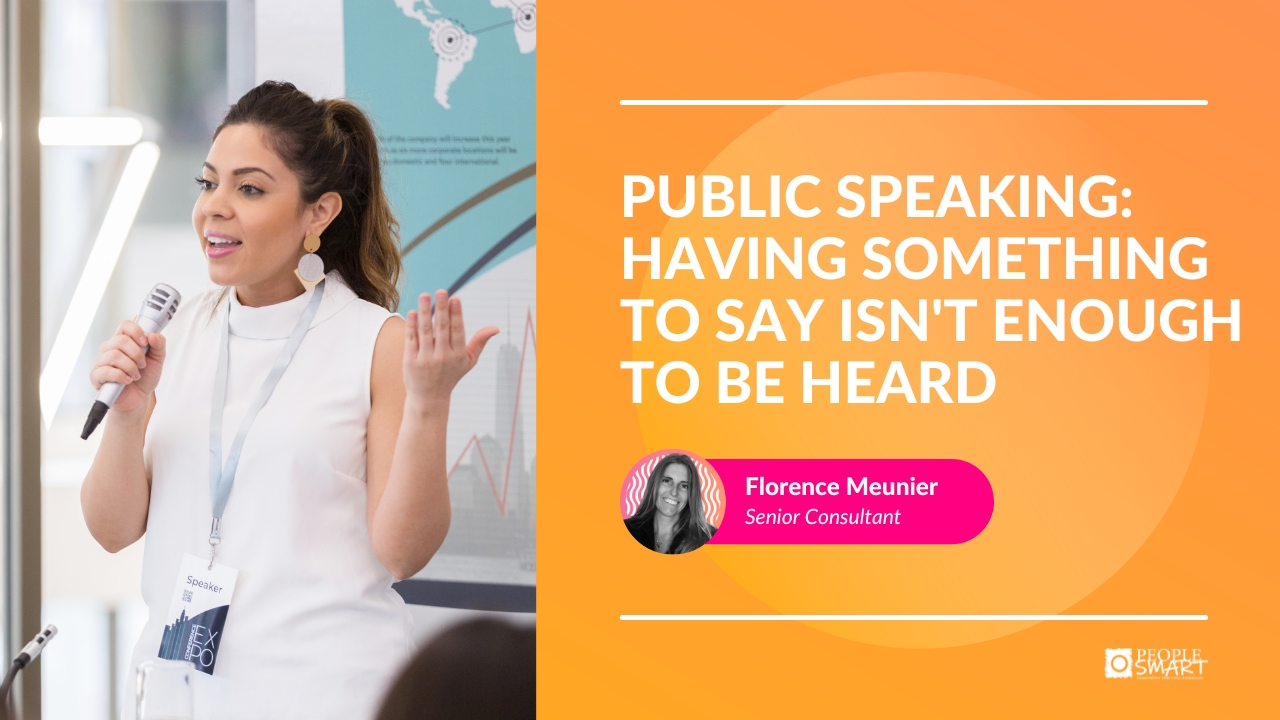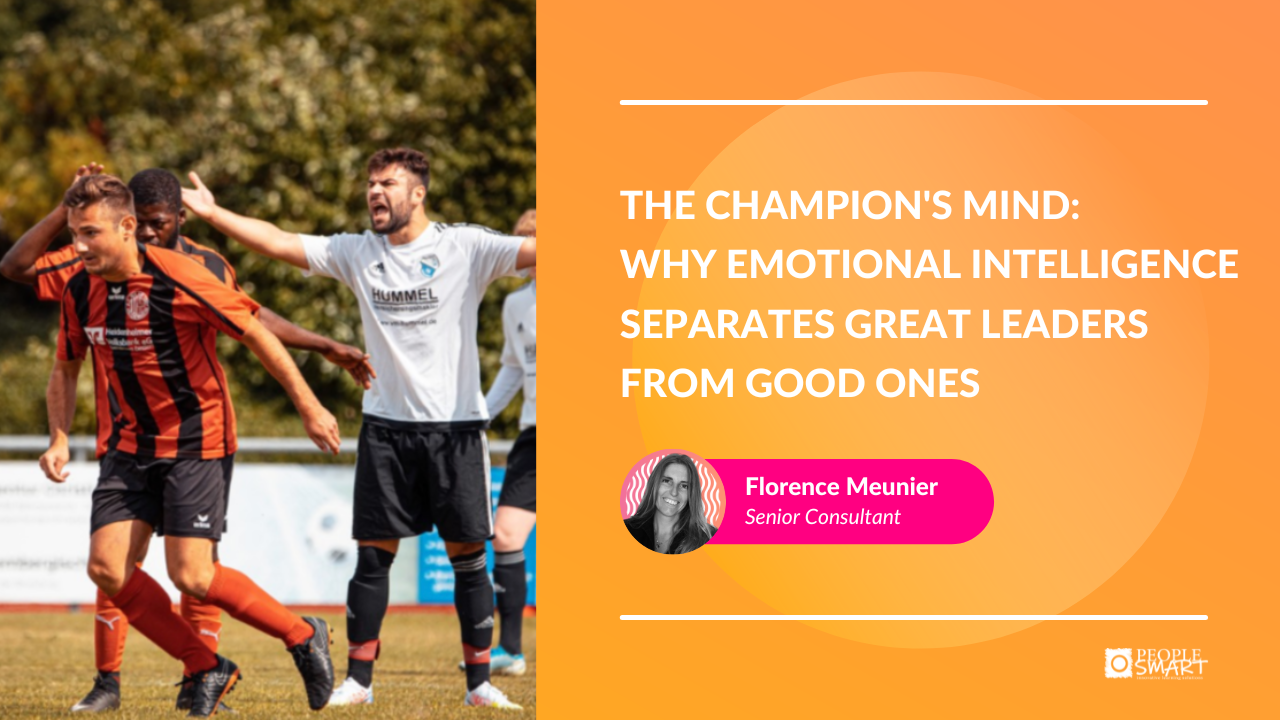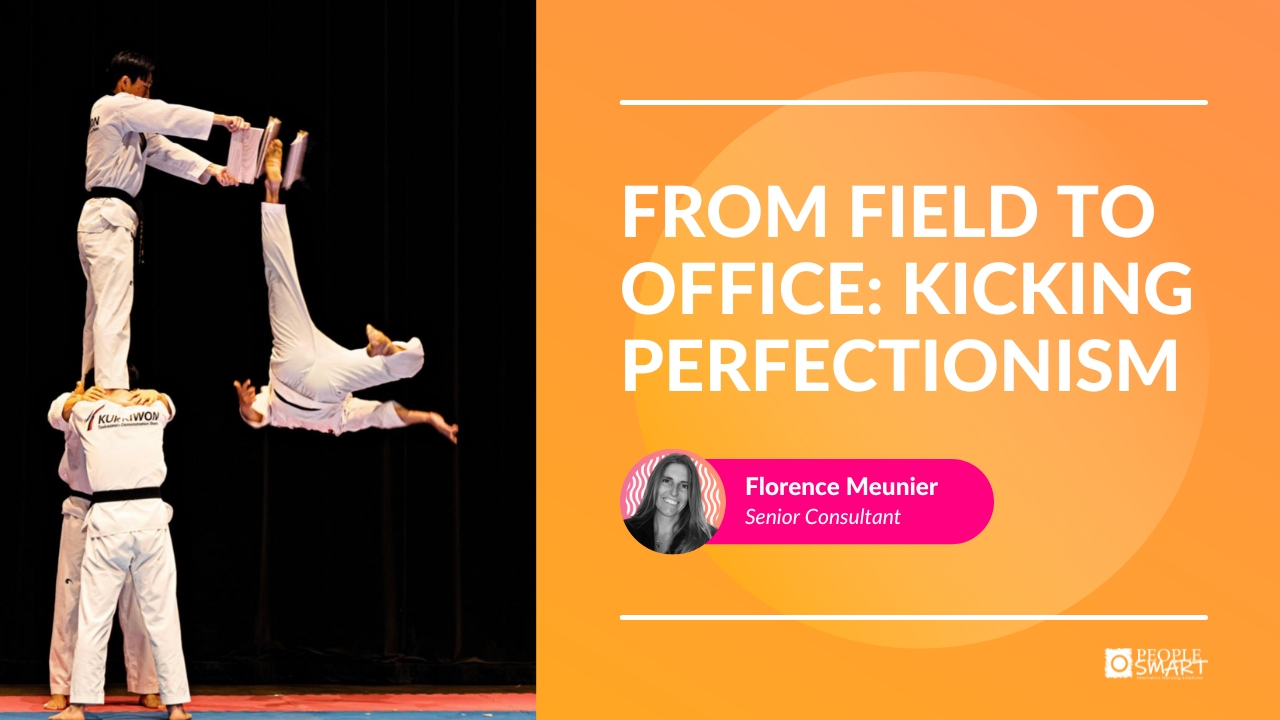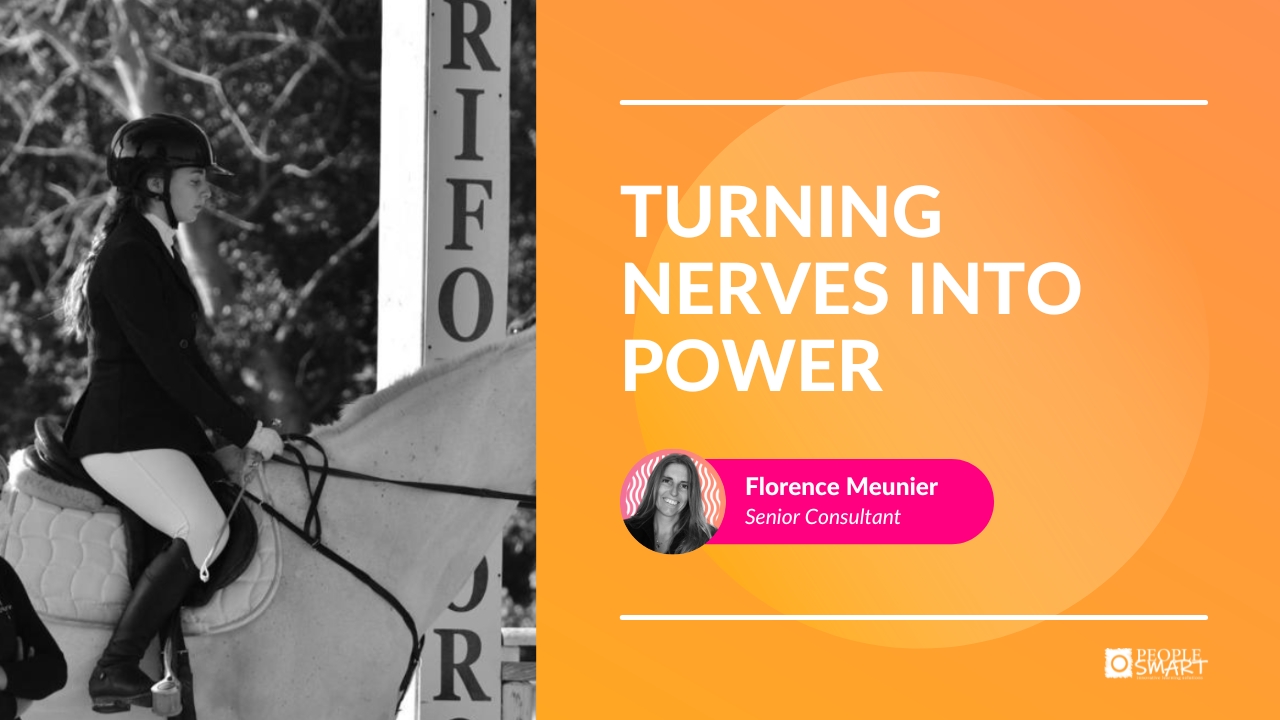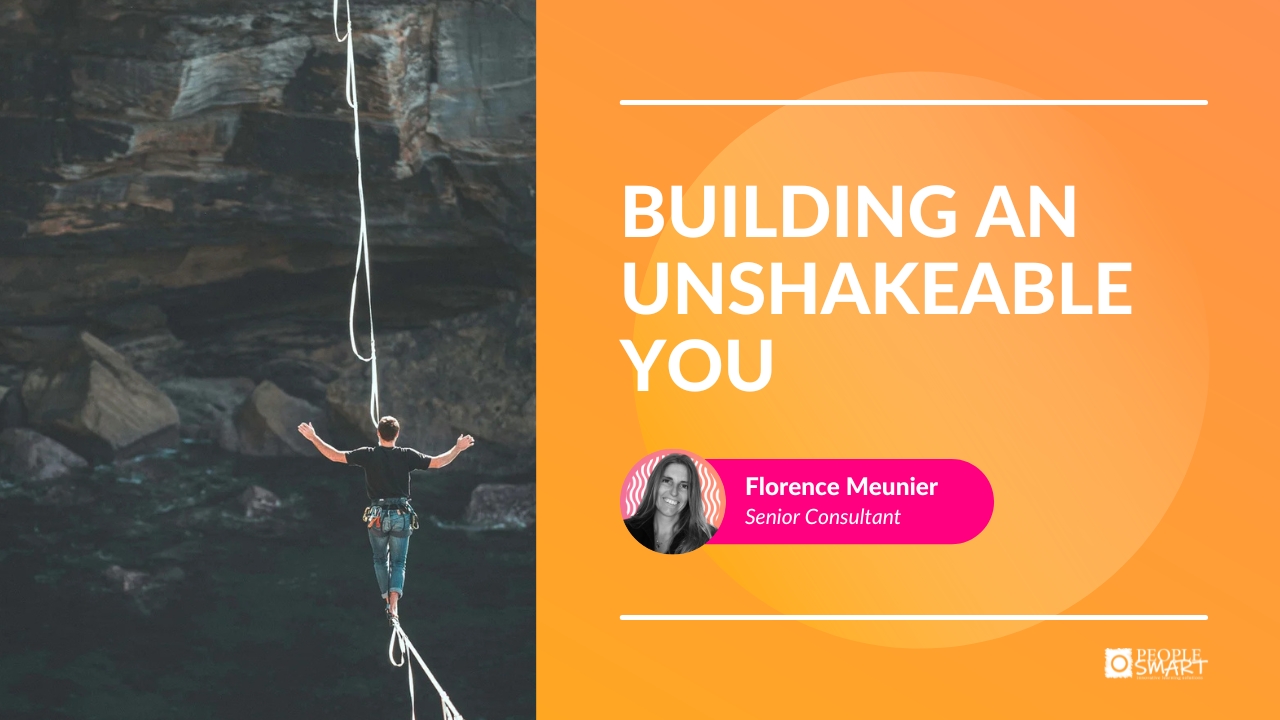Covid 19 has hit our lives like a thunderbolt that forced us to change our routines, our ways of working, our ways of studying, how we socialize with other people, how we travel, even how we do the shopping.
The first emotional reaction to losing most of our ‘old normal’ has certainly been that of shock, followed by denial and then by anger.
At the beginning we were all taken aback. Many tried to minimise the situation. I remember somebody saying that it was just an influenza, that we should not worry all that much and to go on with our lives.
Then, the seriousness of the virus hit everybody heavily. Many were outraged regarding contradictory information and looked for people and nations to blame for the situation.
That is exactly what happens to our emotions as they move along the change curve (Kubler-Ross Model). Even more so as we were facing an unprecedented situation that required unprecedented changes.
Now, we are gradually emerging from the darkest days and are starting experimenting new ways of managing the ‘new normal’, trying to decide what strategies to adopt.
Though we may still feel a subtle sense of sadness for what cannot be any longer as before, while we pivot and adjust to our ‘new normal’, it is important to give ourselves some time to grieve what we lost.
Once we get to accept that loss, we can look ahead. If it is true that we lost something, it is also true that we learnt to appreciate new things. Everyone will experience that in different ways of course. But if we stop and reconnect with our deeper self, we will find the energy of a new beginning. That energy is the true source to tap into to find solutions to the present challenges in our life and work.
Here some practical strategies that may help us tap into our inner energy:
- Journal our experience – Writing about our feelings is extremely powerful. It is a self-awareness exercise. When labelling negative feelings, their power diminishes, and when noticing positive feelings, they expand. Starting each day by noting down what we can be grateful of will help us enhance our well-being.
- Create new routines – Having routines will restore normality. For example, we may get creative and find new ways of starting our day – meditating, doing exercise, walking in the park, taking the time for a nice breakfast with our family or alone. It is refreshing for the mind to change routines from time to time.
- Self-caring – By learning to take care of ourselves, by being kinder to ourselves, we become more present in our life and start making healthier choices for our well-being. That impacts positively on our self-esteem as we respect ourselves more. It also makes us more resistant to illnesses as our immune system boosts. And even our productivity improves, as we learn to say ‘no’ to what is not important while sharpening focus on what is important.
- Stay connected in new ways – Aren’t we lucky to live in times in which the internet and all the different platforms like Webex, Zoom, Teams allow us to stay connected? It is widely recognized that social distancing does not mean social disconnecting. It may be fun to discover new ways to meet colleagues and friends for a chat and a virtual drink together.
- Create pockets of joy – It is important to learn to celebrate what makes us happy, what makes us smile. We do not need major events for that. It may be something as simple as taking the time to savour little things fully, like a cup of tea with a friend or a good book. By focusing on moments of joy, all will add up.
As neuroscience has widely demonstrated, when we feel well, we have more energy and our positive emotions reverberate all around us impacting positively on our relations. Let’s take the responsibility of creating good vibes!


